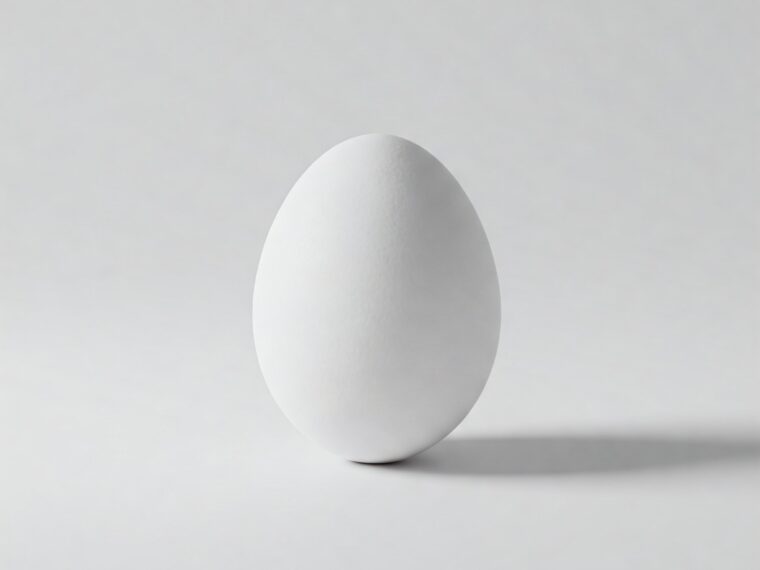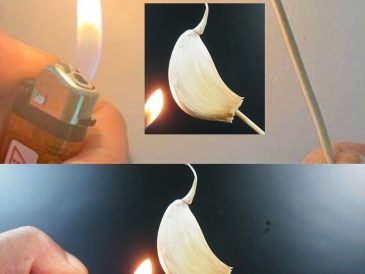When it comes to cooking or baking, the freshness of your ingredients is key — and that’s especially true with eggs. Using fresh eggs not only enhances the taste and texture of your dishes, but it’s also important for food safety. Fortunately, there’s a simple, accurate method to check the freshness of chicken eggs, and you don’t need any fancy tools to do it.
Here’s everything you need to know about determining whether your eggs are fresh, borderline, or best discarded — all using the egg float test, the most reliable method known.
The Egg Float Test: Nature’s Built-In Freshness Indicator
✅ How It Works
As eggs age, the amount of air inside them increases. This is due to the gradual evaporation of moisture through the porous eggshell. As air builds up inside the egg, it affects its buoyancy. That’s why older eggs float while fresher ones sink.
What You’ll Need:
- A bowl or glass
- Cold water
- Your eggs
🧼 Step-by-Step Instructions:
- Fill a bowl with cold water. Make sure there’s enough water to completely submerge the eggs.
- Gently place one egg at a time into the bowl.
- Observe how the egg behaves: Position in WaterEgg FreshnessSinks and lays flatVery fresh — safe to useSinks but stands uprightStill good, but use soonFloats to the topNo longer fresh — discard
Why the Float Test Is So Accurate
Unlike expiration dates printed on cartons (which often indicate the “sell-by” date), the float test measures an actual physical change inside the egg. This makes it a more precise and trustworthy method, especially if you’ve stored your eggs past the printed date or bought them fresh from a local farmer.
🥄 Bonus Tip: The Shake Test (Optional)
Another method, though not as reliable as the float test, is the shake test:
- Hold an egg near your ear and shake it gently.
- If you hear sloshing, the egg is likely older because the yolk and white have started to break down and thin out.
- Fresh eggs will not make much noise.
While this method isn’t as conclusive, it can be used in combination with the float test.
How to Store Eggs for Maximum Freshness
- Refrigerate eggs immediately after purchase.
- Keep them in their original carton to prevent moisture loss and odor absorption.
- Store them with the pointed end down, which helps keep the yolk centered.
Fresh eggs stored properly can last up to 5 weeks in the refrigerator.
🧁 What About Cracking the Egg Open?
Still unsure after the float test? Crack the egg open into a bowl before cooking:
- Fresh egg: Yolks are round and firm, whites are thick and stay close to the yolk.
- Old egg: Yolks are flat and the whites spread thin and watery.
This visual method can offer final confirmation before you scramble, fry, or bake.
Summary: The Most Accurate Way to Test Egg Freshness
- Use the float test as your first and most reliable check.
- Crack and inspect if you want extra reassurance.
- Store eggs properly to extend their freshness and reduce waste.
Egg freshness matters — not only for taste, but for safety. With this simple water test, you’ll never second-guess your eggs again!





